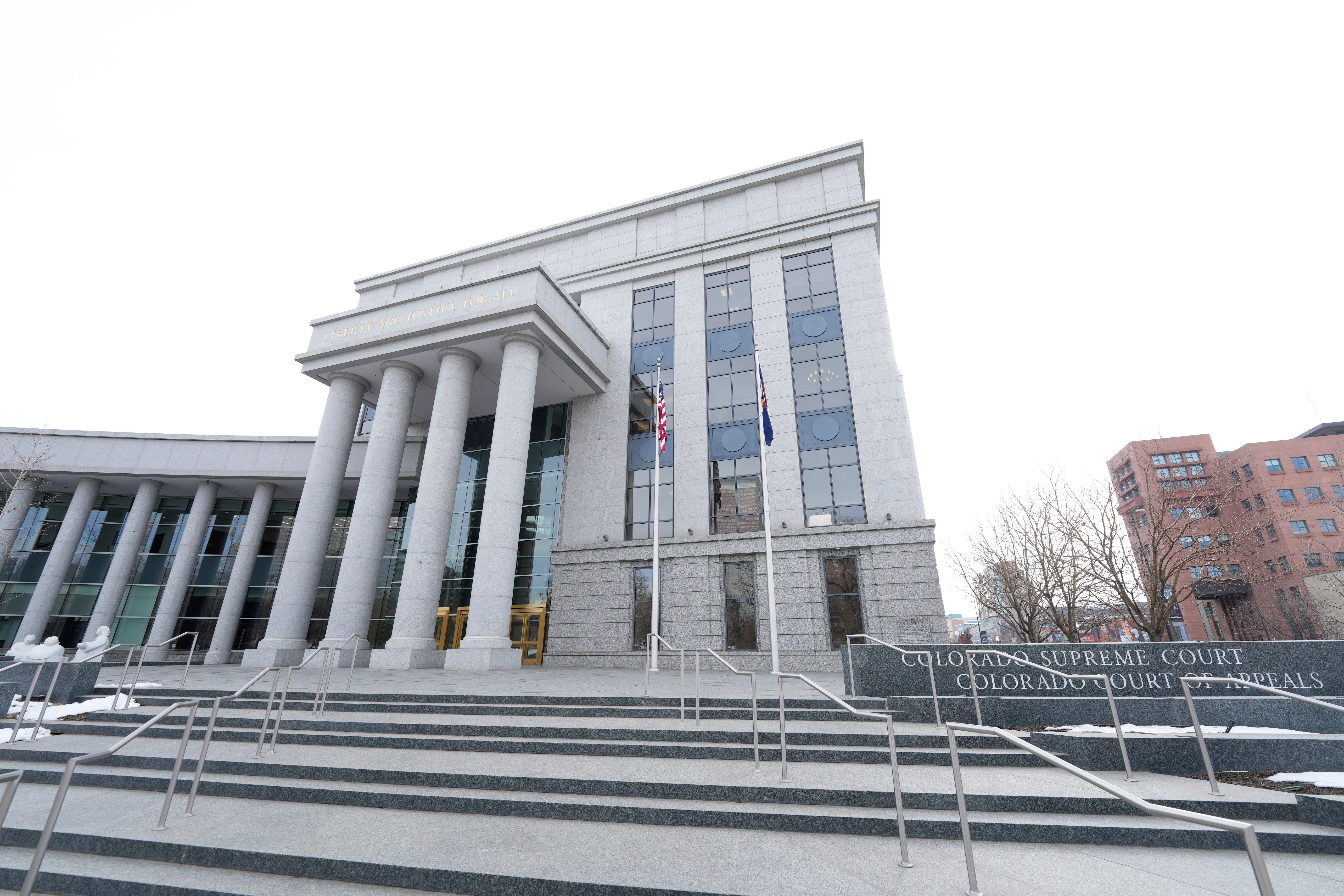Colorado Supreme Court strikes law allowing child sex abuse lawsuits from decades past
Colorado’s Supreme Court struck down a law Tuesday that gave childhood sexual abuse victims a three year window to sue over abuses as far back as the 1960s

Childhood sexual abuse victims in Colorado will no longer be able to file lawsuits over abuse that happened decades ago, as the state Supreme Court struck down a law Tuesday that gave victims a three-year window to sue over abuses as far back as the 1960s. The court cited the state Constitution's ban on legislation that retroactively applies to conduct prior to its passage.
Colorado's Child Sexual Abuse Accountability Act, passed in 2021, was partly intended to allow child victims to bypass the statute of limitations and seek reparations and accountability for their assailant and/or organizations that might have failed to catch and stop any abuse. The bill's sponsors argued that, particularly for children, such abuse often goes unreported at the time it happens.
The law was part of a national effort following the #MeToo movement to roll back time limitations on victims' ability to seek justice.
“We certainly understand the General Assembly’s desire to right the wrongs of past decades by permitting such victims to hold abusers and their enablers accountable," wrote Justice Monica M. Márquez in the opinion. "But the General Assembly may accomplish its ends only through constitutional means.”
The case before the state's Supreme Court on Tuesday centers on Angelica Saupe, who sued the school district where she said a high school basketball coach sexually abused her in the early 2000s. Saupe appealed the case to the Supreme Court after a lower court ruled against her.
Stuart Suller, the school district's attorney, argued in an April hearing that under the state Constitution, the General Assembly cannot retrospectively apply laws to past conduct.
The Supreme Court concurred, noting that the law attached “liability for conduct predating the Act and for which any previously available cause of action would be time-barred" and was therefore unconstitutional.
Saupe's lawyer, Robert Friedman, argued that because school districts are lesser political entities than the state, they cannot claim they are protected against retrospective laws the General Assembly enacts. Friedman also argued that since the statute of limitations for sexual abuse of minors has been flexible, abusers can't expect to avoid facing a lawsuit.
Bookmark popover
Removed from bookmarks